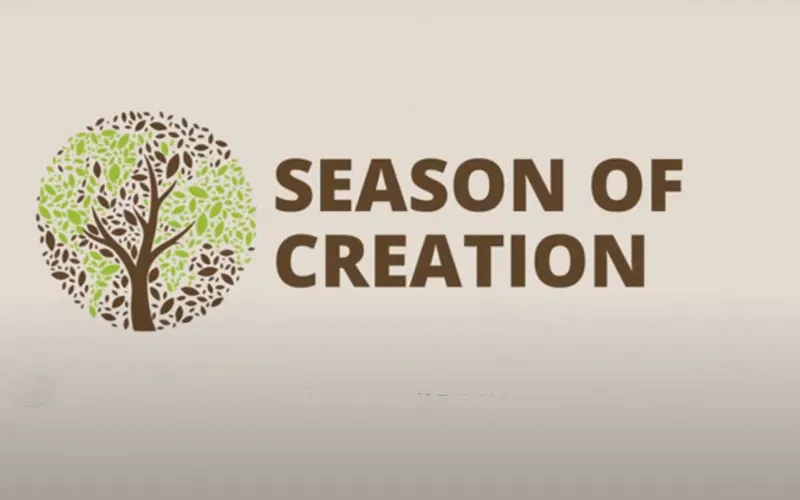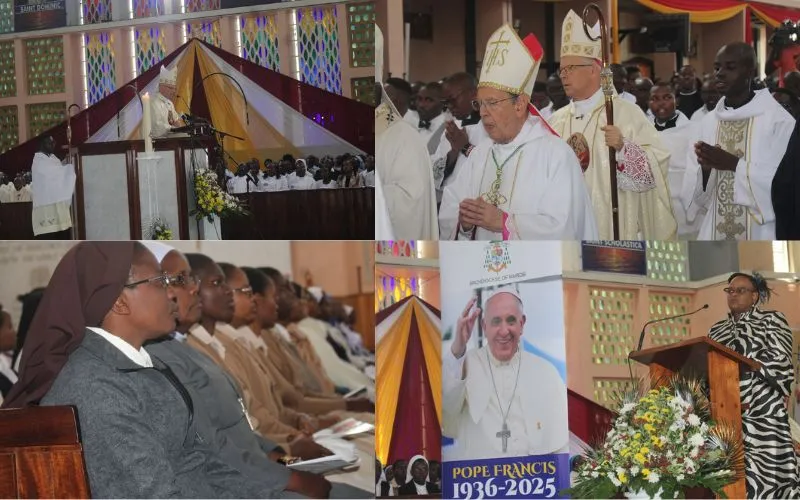Human beings depend on nature for survival, she went on to say, and explained, “The air we breathe, the water we drink, the food we eat, and the materials and resources we use to cloth and shelter our bodies, all emanate from nature.”
“Hence let us be conscious about how we manage waste,” the South African Nun said, and underscored the need to practice three Rs, that is, to Reduce (generation of waste), to Reuse, and to Recycle.
“Dirty environment does not just affect people’s health but also their spiritual health,” the member of the Congregation of the Daughters of St. Francis of Assisi further said.
If we confess our sins, God is faithful and righteous to forgive them and to cleanse us from all unrighteousness, she went on to say, making reference to the first Letter of St. John.
The South African Nun added, “If our spiritual waste is not well managed it creates turmoil in us as individuals and it also pollutes our relationship with God and the spirit of good fellowship with others.”
“The Encyclical Laudato Si’ brings to our awareness this significance of managing waste and to do away with the throw away culture,” , Sr. Sibisi said, adding, “The Holy Father calls us to introduce models of production based on reuse and recycling and limiting the use of non-renewable resources.”
Reusing, recycling, and limiting non-renewable resources are practices “we can begin to practice,” the official of SACBC said, and added, “we can work together with municipalities to keep our environment clean.”
“If the environment is not cleaned properly, chances of spread of diseases increase and this affects mostly the poor,” she further said.
A serious consideration of waste management would be one way of counteracting a throw away culture which affects the entire planet, the Catholic Nun said and making reference to Pope Francis Encyclical Laudato Si, she added that only limited progress has been made in this regard.
In her September 26 presentation at the ongoing Season of Creation, she reiterated Pope Francis’ call for the adoption of a circular model of production capable of preserving resources for present and future generations.







